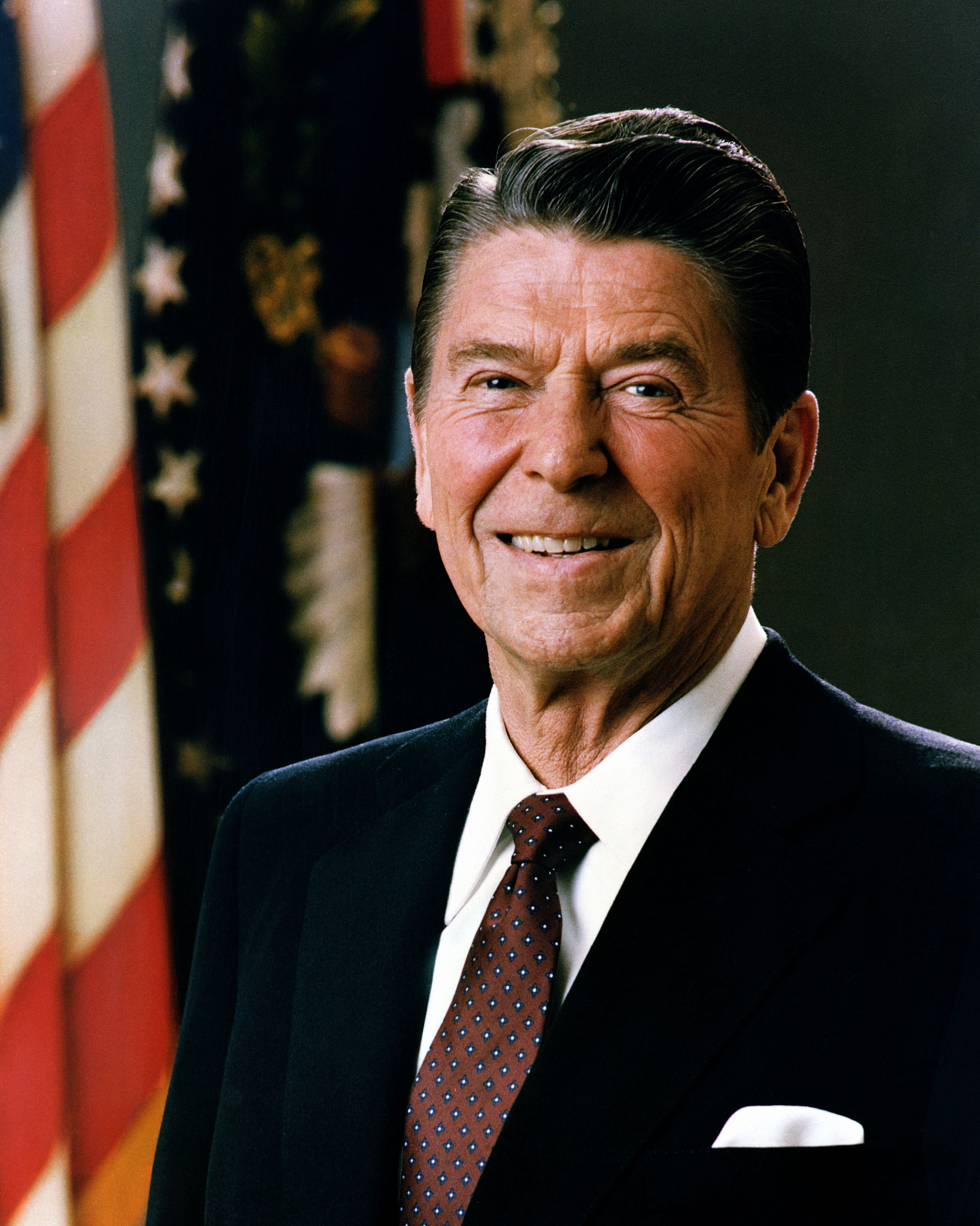Ronald Reagan: The Actor-Turned-President Who Redefined Conservatism
A Complex Legacy of Triumph and Division
Ronald Reagan, the 40th President of the United States, remains a towering and controversial figure in American politics. His presidency from 1981 to 1989 reshaped the Republican Party and American conservatism, leaving a profound impact on the nation's social, economic, and foreign policies. This essay presents a critical examination of the complexities of Ronald Reagan, his political journey, and his lasting legacy.
An Unconventional Path to the White House
Reagan's rise from Hollywood actor to Commander-in-Chief is a testament to his charisma, ambition, and the transformative power of American politics. Born in 1911 in Tampico, Illinois, Reagan pursued a career in acting in the 1930s, eventually becoming a popular star in both film and television. His conservative political views evolved during his Hollywood years, influenced by interactions with fellow actors and the perceived excesses of liberalism in the entertainment industry.
In the 1960s, Reagan became increasingly involved in Republican politics, delivering speeches that criticized government overreach and advocated for free-market principles. His eloquent oratory and magnetic personality made him a rising star in the conservative movement. In 1966, he was elected Governor of California, a position he held from 1967 to 1975.
Reshaping Conservatism: The "Reagan Revolution"
Reagan's presidential election in 1980 marked a watershed moment in American politics. He inherited a nation grappling with high inflation, economic stagflation, and a crisis of confidence in the wake of the Watergate scandal and the Vietnam War. Reagan's conservative ideology, known as "Reaganomics," was a radical departure from the Keynesian economics that had dominated policymaking for decades.
At the heart of Reagan's economic philosophy was a belief in free markets, limited government intervention, and tax cuts. He argued that reducing taxes would stimulate economic growth by increasing investment and consumer spending. He also proposed scaling back government regulations and social programs, which he saw as stifling innovation and individual freedom.
Foreign Policy: Confronting the Soviet Union
Reagan's foreign policy was largely shaped by his belief in American exceptionalism and his determination to roll back Soviet communism. He increased defense spending, deployed intermediate-range nuclear missiles in Europe, and supported anti-communist movements worldwide. Reagan's hardline stance and his willingness to confront the Soviet Union contributed to the escalation of Cold War tensions.
However, Reagan also played a significant role in ending the Cold War. He skillfully employed a combination of military buildup and diplomatic engagement, including several summits with Soviet leader Mikhail Gorbachev. In 1987, the two leaders signed the Intermediate-Range Nuclear Forces (INF) Treaty, eliminating a class of nuclear missiles from Europe.
Social Policies: A Conservative Agenda
Reagan's social policies were equally divisive. He supported "traditional family values," opposed abortion and same-sex marriage, and appointed conservative judges to the Supreme Court. His administration also pursued policies that favored religious schools and restricted access to abortion. These policies appealed to his conservative base but alienated many liberals and feminists.
Assessing Reagan's Presidency and Legacy
Reagan's presidency was a period of profound change and polarization in American politics. His policies led to significant economic growth but also increased the national debt. His foreign policy successes were accompanied by tensions and confrontations with the Soviet Union. His social agenda alienated many Americans but also galvanized his conservative base.
Reagan's legacy remains the subject of debate and controversy. Conservatives hail him as a transformative leader who revived American conservatism, restored economic prosperity, and stood up to communism. Liberals criticize his economic policies for widening income inequality, his foreign policy for escalating Cold War tensions, and his social policies for undermining civil rights and reproductive freedom.
Conclusion: A Complex and Lasting Impact
Ronald Reagan was a complex and influential figure whose presidency had a profound impact on American politics and society. His rise from actor to president epitomized the American Dream. His conservative ideology reshaped the Republican Party and American conservatism. His economic policies stimulated growth but also contributed to the national debt. His foreign policy confronted the Soviet Union and played a role in ending the Cold War. His social policies alienated many Americans but appealed to his conservative base. Reagan's legacy continues to be debated, but there is no doubt that he was a pivotal figure in shaping the modern United States.
Jim Thorpe: The Legendary Athlete Of The 20th Century
Jake Gyllenhaal: The Actor Who Shines In Every Genre
Lisa Wilkinson: TV Personality Who Made Waves With Her Public Exit



